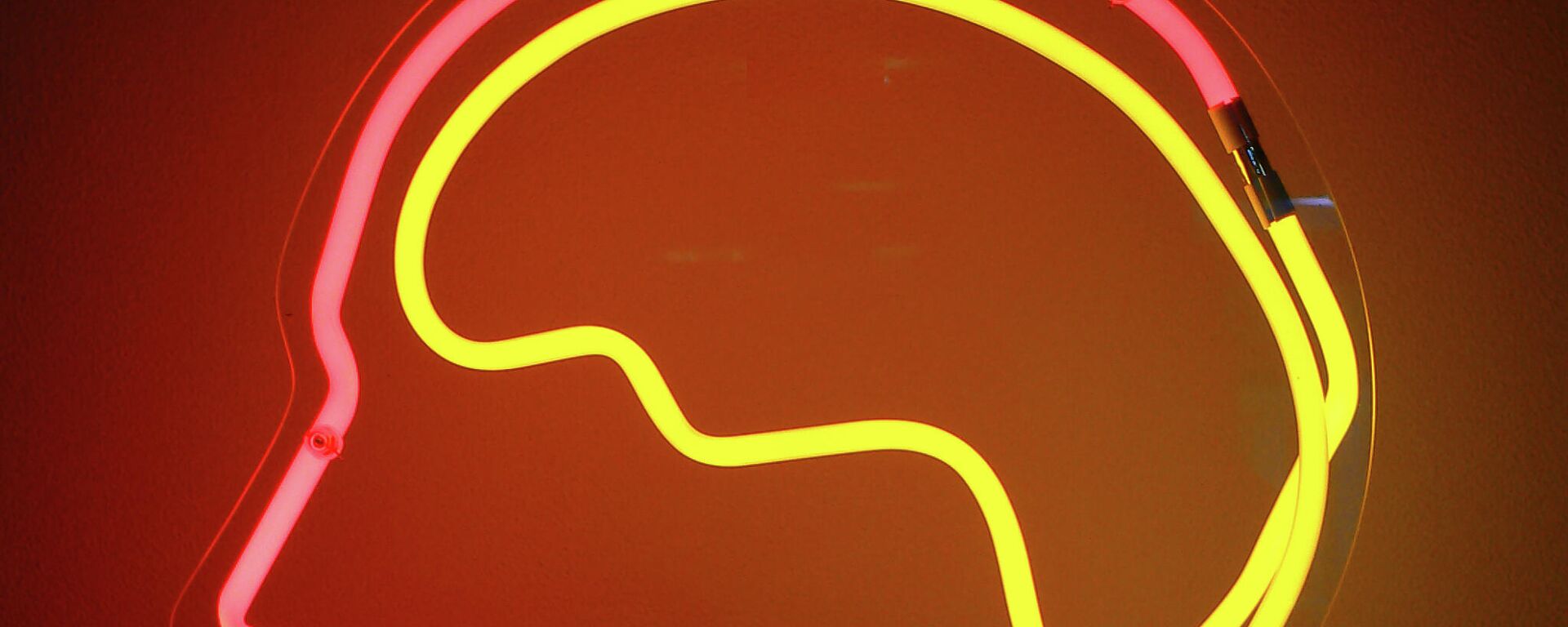https://sputnikglobe.com/20230722/clockwork-mind-scientists-pinpoint-brain-part-in-charge-of-time-perception-1112058802.html
Clockwork Mind: Scientists Pinpoint Brain Part in Charge of Time Perception
Clockwork Mind: Scientists Pinpoint Brain Part in Charge of Time Perception
Sputnik International
Researchers have been supposing already that animals have a subjective perception of time, dependent on various factors. Now they have found additional evidence and were able to locate exact part of animal brain, responsible for perception of time. And they hope to use it for medical purposes.
2023-07-22T14:43+0000
2023-07-22T14:43+0000
2023-07-22T14:43+0000
beyond politics
science & tech
rodents
neuroscience
time
https://cdn1.img.sputnikglobe.com/img/07e6/0b/1a/1104736557_0:69:1320:812_1920x0_80_0_0_830827916465b6c5eb32970277a4ced3.jpg
It is common knowledge that sometimes hours may pass in a flash and one minute may seem like an eternity. New research published in Nature Neuroscience journal shows that there is a special part of the brain responsible for this perception, or at least rodents have it. An international team of scientists believes that this inner clock is situated in striatum – the neural zone responsible for making decisions and planning activity. To check this hunch they did what researchers usually do – they organized an experiment.First, they trained rats to distinguish between different intervals of time and to show their time perception to the researchers via simple actions. Than they used implants to heat up or cool down rodent striatum, while the creature was asleep. The cool – less active – striatum was associated with time passing quickly, while heated up corresponded to sluggish time.“We trained animals to report whether the interval between two tones was shorter or longer than 1.5 seconds. When we cooled the striatum, they were more likely to say a given interval was short. When we warmed it, they were more likely to say that it was long,” Filipe Rodrigues, one of the paper's lead authors, said in a press release. Scientists believe that their finding will have an impact on medicine and computer science, giving tips how to treat diseases with time-alternating symptoms like Parkinson’s and providing some clues for further research in the AI domain.Yet they stress that they need the thing they study – time.
https://sputnikglobe.com/20230505/a-penny-for-your-thoughts-al-making-mind-reading-possible-1110120422.html
Sputnik International
feedback@sputniknews.com
+74956456601
MIA „Rossiya Segodnya“
2023
News
en_EN
Sputnik International
feedback@sputniknews.com
+74956456601
MIA „Rossiya Segodnya“
Sputnik International
feedback@sputniknews.com
+74956456601
MIA „Rossiya Segodnya“
time perception, rodents, striatum, stimulating striatum time, rodents striatum
time perception, rodents, striatum, stimulating striatum time, rodents striatum
Clockwork Mind: Scientists Pinpoint Brain Part in Charge of Time Perception
Researchers have been supposing already that animals have a subjective perception of time, dependent on various factors. Now they have found additional evidence and were able to locate the exact part of the animal brain responsible our perception of time. And they hope to use it for medical purposes.
It is common knowledge that sometimes hours may pass in a flash and one minute may seem like an eternity. New research published in Nature Neuroscience journal shows that there is a special part of the brain responsible for this perception, or at least rodents have it. An international team of scientists believes that this inner clock is situated in striatum – the neural zone responsible for making decisions and planning activity.
To check this hunch they did what researchers usually do – they organized an experiment.
First, they trained rats to distinguish between different intervals of time and to show their time perception to the researchers via simple actions.
Than they used implants to heat up or cool down rodent striatum, while the creature was asleep. The cool – less active – striatum was associated with time passing quickly, while heated up corresponded to sluggish time.
“We trained animals to report whether the interval between two tones was shorter or longer than 1.5 seconds. When we cooled the striatum, they were more likely to say a given interval was short. When we warmed it, they were more likely to say that it was long,” Filipe Rodrigues, one of the paper's lead authors, said in a press release.
Scientists believe that their finding will have an impact on medicine and computer science, giving tips how to
treat diseases with time-alternating symptoms like Parkinson’s and providing some clues for further research in the AI domain.
Yet they stress that they need
the thing they study – time.



